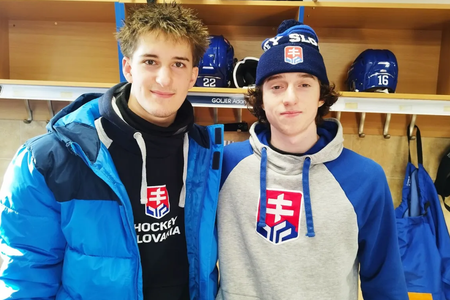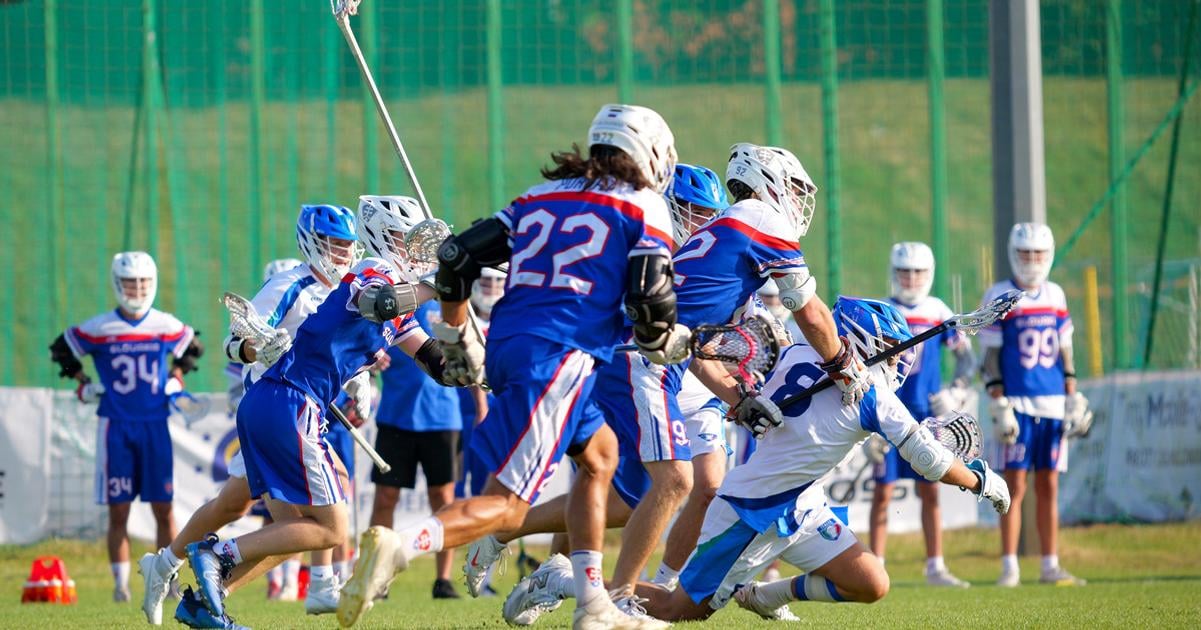Slovakia has qualified for the Lacrosse World Championship after a team packed with teenage talent and players from across Europe and North America with Slovak heritage posted the country’s best ever result in the sport.
The Slovak men’s field lacrosse team finished 11th in the 24-team European Lacrosse Championship in Wroclaw, Poland, in July – the highest the men’s national team has ever placed at the tournament, and the best in the country’s almost 20-year international history of field lacrosse.
The team got out of the ‘group of death’ including France, Greece, Denmark and the eventual championship runners-up Italy, after superb wins over Greece and Denmark. They then notched up further victories over Sweden, Poland and Switzerland in the next phase to finish with an overall record of five wins and three losses.
The result means the team qualified for the Division 2 World Championship in 2027 to be held in Japan.
Gregory Tears, assistant coach of the team, said the result was even more special given that the team was one of the youngest at the tournament, including a 16-year-old, two 17-year-olds, an 18-year-old and two 19-year-olds all of whom played significant parts in the success.

Related article
We are immigrants, they say laughingly. Canadian and American play for Slovakia
Read more
Language barrier not a problem
It was also a team comprised of players with dual citizenship and foreigners with Slovak heritage, including people from the Netherlands, Belgium, Scotland, the United States and Canada.
Tears, himself a Slovak-American, said that despite several players hailing from other countries – Slovakia fielded seven players just from North America – there was no language barrier in the team.
“The team managed to gel together very quickly,” says Tears.
Head coach Jan Flaska, who was born in the US to a Slovak mother and Czech father and has already obtained a Slovak Living Abroad certificate, is fluent in Slovak, and was able to give instructions to players in both Slovak and English.
Every night at team meetings the players from North America practised their Slovak while the Slovak players practised their English.
